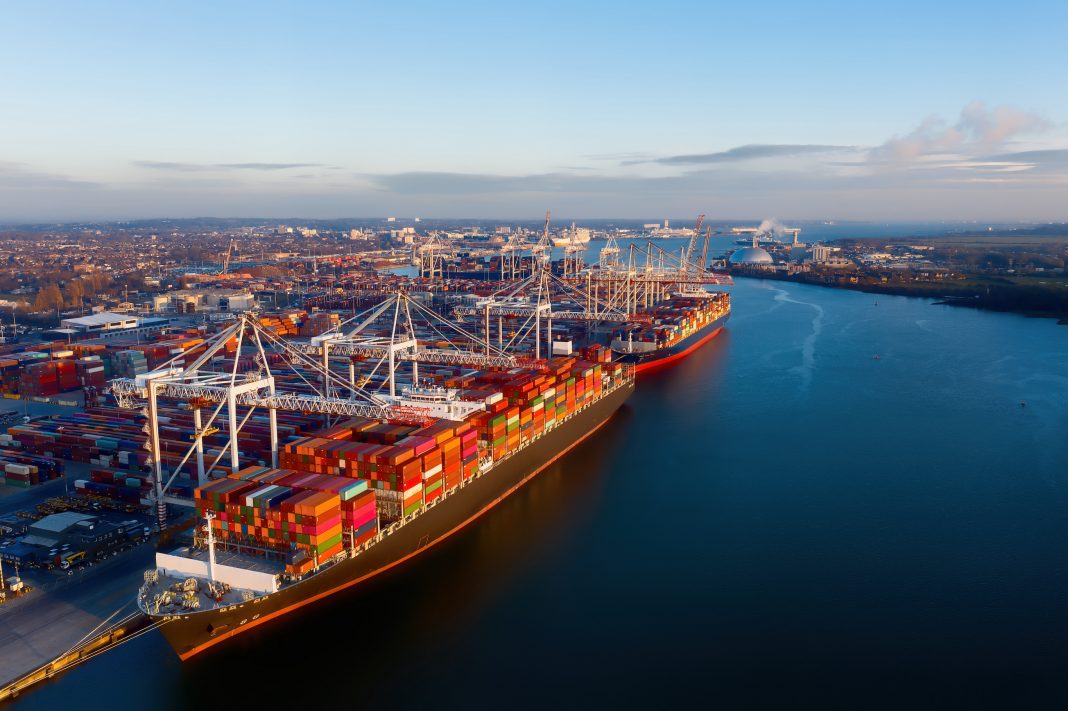Recruitment specialists, Stafforce has seized on the opportunity to expand its footprint for supplying labour to businesses in the ports and maritime sector having been added to the preferred supplier list by Associated British Ports in Southampton.
Stafforce has been working for Associated British Ports in other regions since 2017. Part of the Nicholas Associates Group which has its HQ in Rotherham, the appointment at Southampton now means the company supplies 5 out of the 8 Freeports located within the UK at Sheerness, Tilbury, Humber and Liverpool.
Part of Port Solent, Southampton regained its freeport status in 2021 following changes announced by the Government to create 8 special Freeport areas within the UK’s borders where different economic regulations apply. As the largest cruise liner dock and automotive importer, Southampton provides UK businesses with the closest direct access to over 70 ports globally.
Stafforce will be supplying ABP with car drivers, stevedores and other dockside operators. An onsite Stafforce team will be working alongside the ABP planning team to vet, recruit and educate people through ITSSAR mechanical handling training to enable ABP to manage the highs and lows of the shipping schedule which is notoriously feast and famine.
Commenting on the opportunity to supply labour to ABP, Tim Platt, head of ports at Stafforce said: “This further builds our credentials as a trusted recruitment partner and will hopefully help us to expand our footprint further into the remaining three ports and other related industries.”
Craig Barbour, general manager for ABP added: “I have used Stafforce as a preferred recruitment solutions provider for the last ten years because of their in-depth knowledge of this sector. I know I can trust them to be proactive and driven towards sourcing reliable and suitably qualified people who also understand the health and safety implications of working within a dockside environment. This experience and training helps to ensure we maintain our exemplary safety record and protect our people as well as the goods being imported.”



